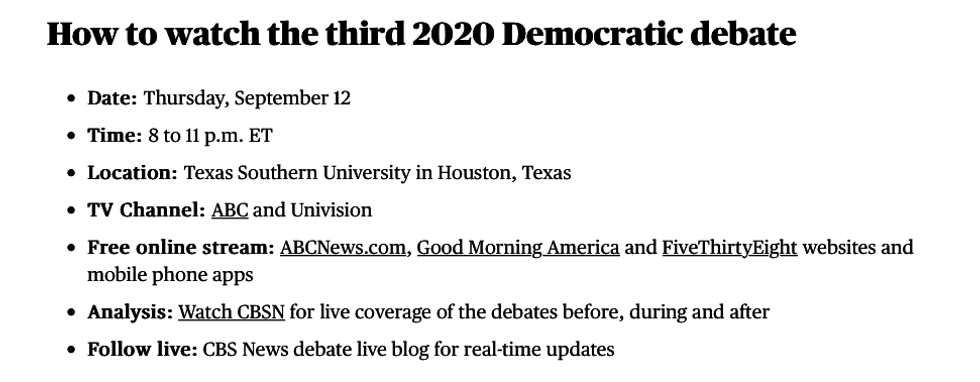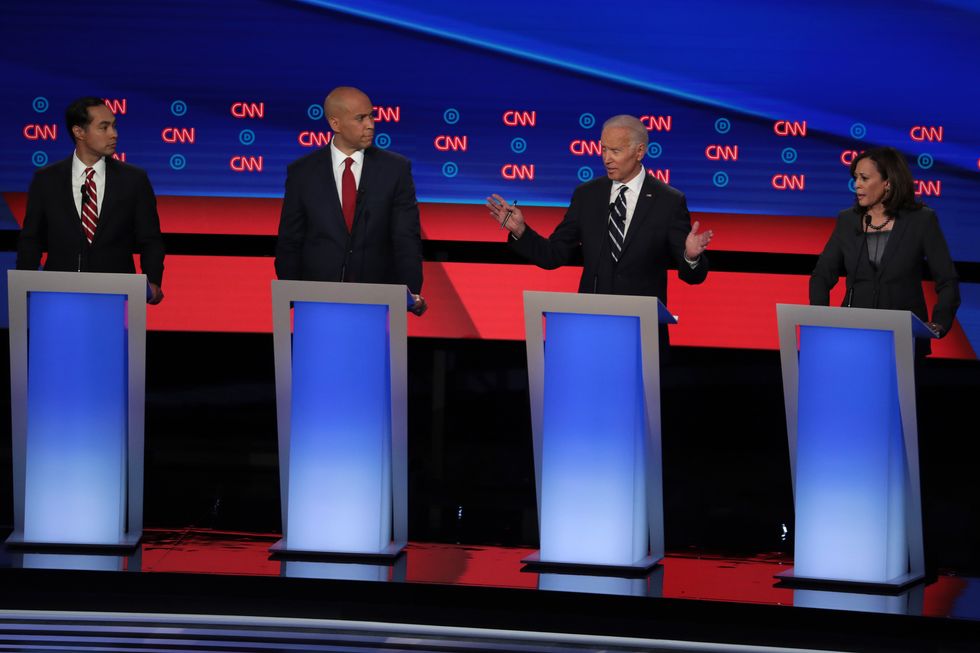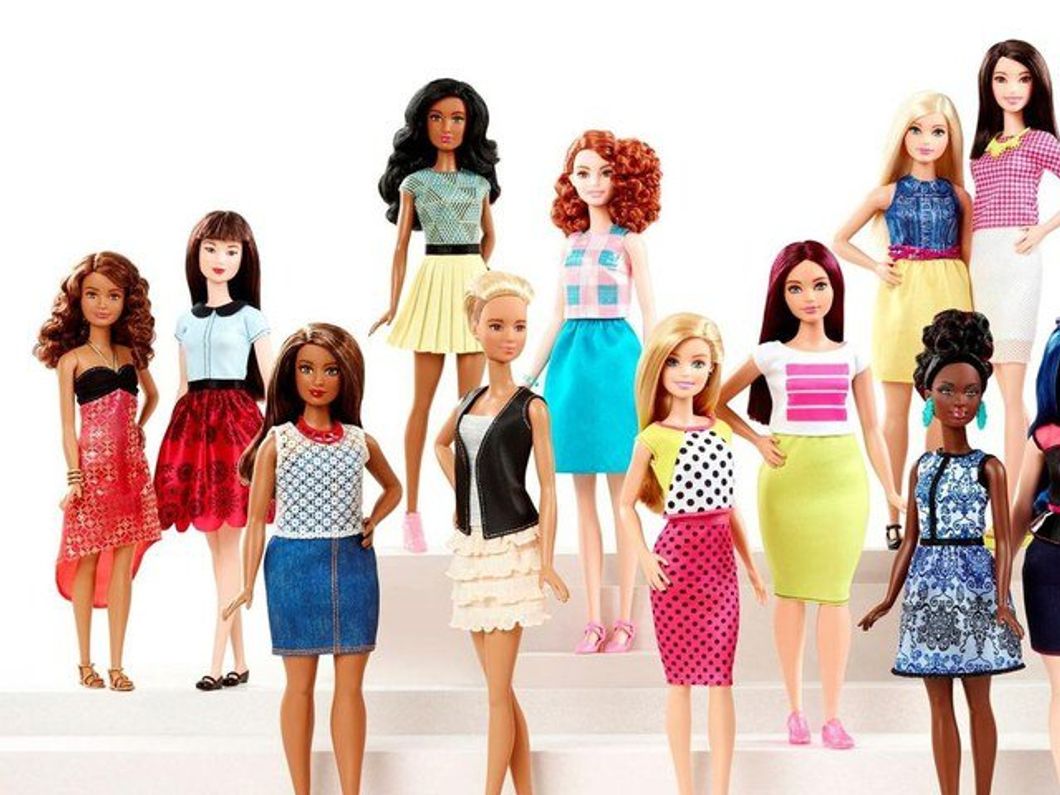The Democratic National Committee's deadline to qualify for the debates was August 28th, 2019, and now the field of eligible Democratic presidential candidates has been narrowed down to 10. Those who made the cut include Joe Biden, Cory Booker, Pete Buttigieg, Kamala Harris, Amy Klobuchar, Beto O'Rourke, Bernie Sanders, Elizabeth Warren, Julián Castro, and Andrew Yang.
As shown in the chart below, former vice president Joe Biden holds a consistent lead throughout the polls going into this debate, with only one recent poll showing a tie between Biden and Warren.
Tomorrow will be the first Democratic debate of this election cycle in which all of the major candidates will share the same stage. This narrowed field should allow for a more detailed discussion on policy and the differences in how each candidate plans on carrying out their presidential goals.
The larger gathering of dissenting philosophical ethics and the widening of the Democratic political spectrum could feed a battle between the moderate old-school Democrats (i.e. Joe Biden) and the progressive Democrats (Warren) and the independent self-identified democratic socialist Bernie Sanders.
I am most excited to see how the progressives challenge the moderates in their policy stances on healthcare, gun control, and climate change. Many of their ideas and overall claims tend to be similar in ideological value, such as universal healthcare, increased regulations on guns, and environmental conservation. But there have been scuffles in the past regarding the how and why of these issues, and what each candidate feels is necessary and best for the American people.
For example, the candidates highly support the concept of universal healthcare, but then comes the question of whether or not this is an end-all-be-all single-payer system, meaning that it will be the only option, to which everyone must subscribe, and private healthcare services will be obsolete. Or if they chose to fathom the economic realities of the situation, and allow that private healthcare could exist as a separate amenity, providing a universal service extended to all citizens, but still supportive of private healthcare as another route for fast reliable healthcare that fiscally supports hospitals and allows for medical growth. Alongside this, we then can question the eligibility of immigrants and their status in these programs, and whether or not a candidate believes the U.S. government should provide medical services for everyone regardless of their green card status, or require proof of legal immigration for service.
Just like demonstrated above, each policy point has many facets that I am generously excited to see the results of, and how each candidate uses their background in economics and government to steer their stances and rebuttals during the debate.














